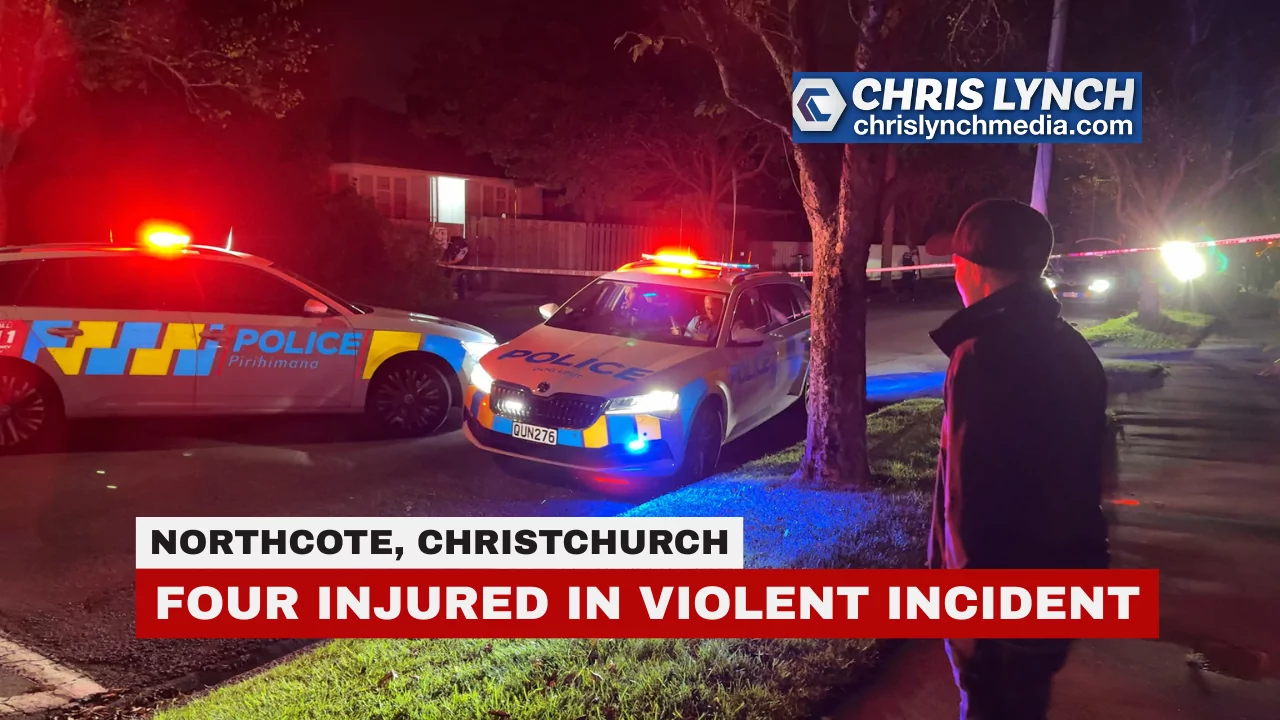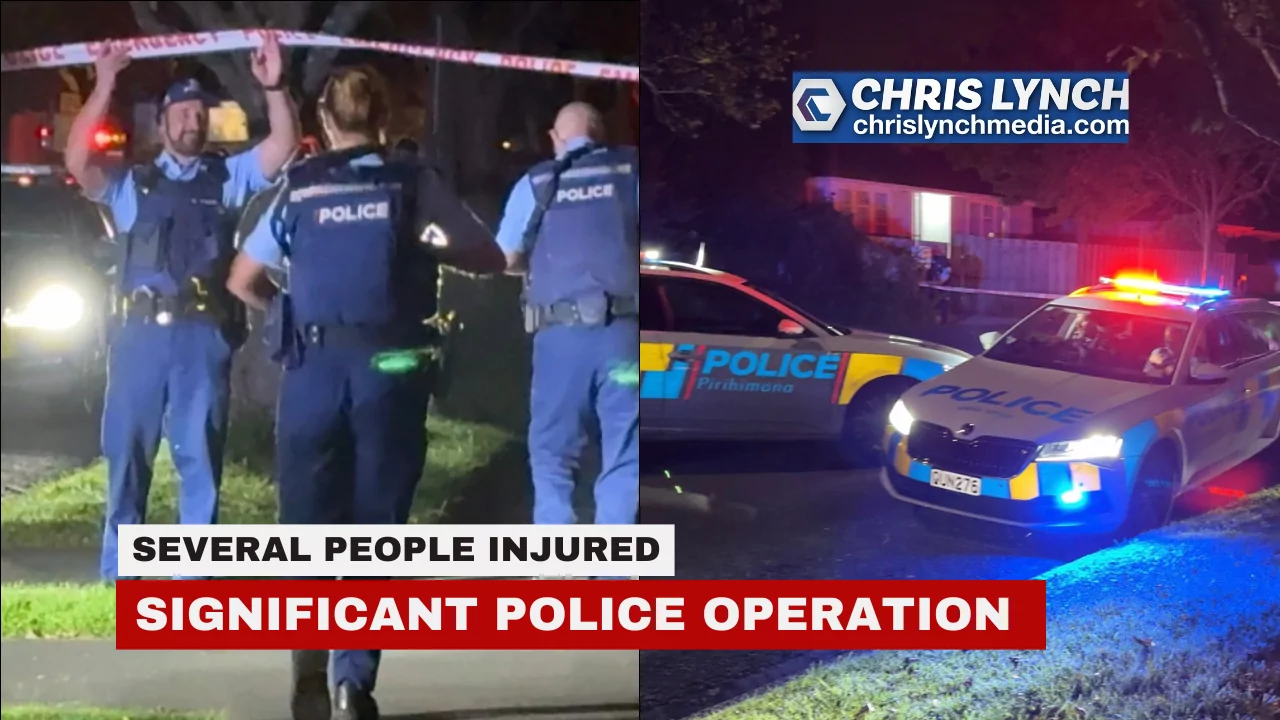Escaped youth tracked by Eagle helicopter, found hiding in New Brighton
The young person who escaped from a youth justice facility in Rolleston has been located...
Christchurch property developer Matthew Horncastle has helped turn Williams Corporation into one of New Zealand’s largest residential construction companies, but his story is one of risk, resilience, and relentless drive.
Speaking at Black and White Coffee Cartel in Harewood, Horncastle was open about what drives him. “I actually enjoy the work,” he said. “I love hitting the office, having that first coffee, turning on my computer, and talking to my people about what we’re doing today. That’s what brings me real fulfilment.”
He said his passion for the business began long before Williams Corporation became a household name. “I left home at 14, left school at 16, and started building cow sheds on the West Coast,” he said. “Everyone I worked with owned a business, so I decided to make one too. On weekends I built decks and fences. I just wanted to make something happen.”
After the Christchurch earthquakes, Horncastle moved to the city to help with the rebuild and started working with his father, who owned one of the country’s biggest privately run construction firms. “My father is a great man but he is tough, the epitome of the property baby boomer,” he said. “I learned a lot, but eventually I had to step away and start again on my own.”
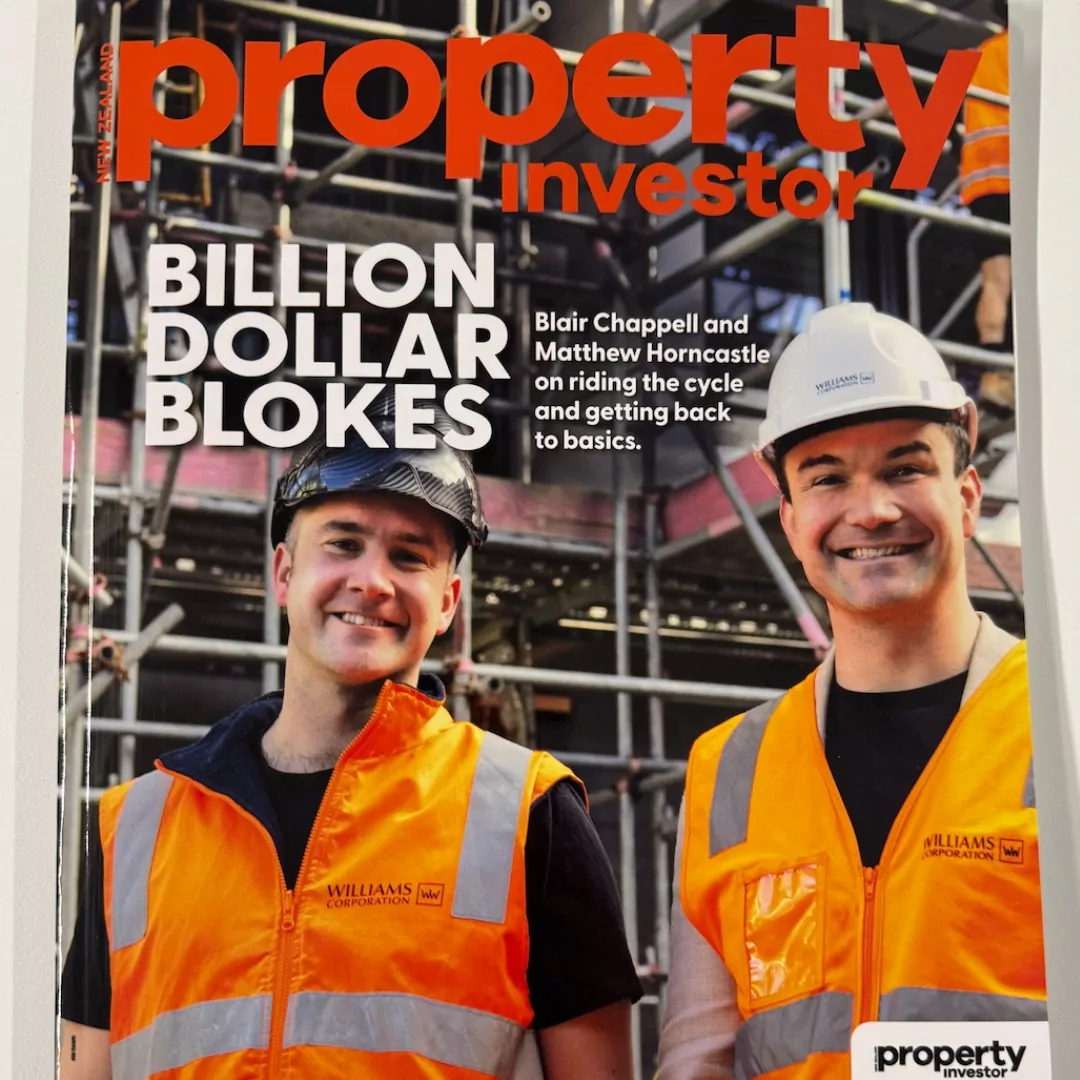
That move led to the creation of Williams Corporation with business partner Blair Chappell. “We started small, building houses and running a few small service businesses,” he said. “But then we got ambitious. We went from ten houses to thirty, then to a hundred, and before we knew it we were building five hundred homes. The company went from a million in turnover to three hundred and fifty million in five years. It was like a rocket ship.”
Then the market collapsed. “We were making all this money and then suddenly the market crashed,” Horncastle said. “There was a very serious chance we were going to go broke. It was a nightmare. We had to sell vehicles and equipment just to pay staff redundancies. We were in survival mode.”
He said those months tested every part of his leadership. “At that stage we had 250 staff and our overheads were about two million dollars a month. Interest was four million a month. We had to cut costs and protect what we could. The media was circling, writing stories about whether we’d make it, but we did.”
Horncastle said the key to surviving was belief. “Our management team refused to give up,” he said. “We sold personal assets, we used every bit of cash we had, and we were completely open with our funders. That honesty gave people confidence to stay with us.”
Luck also played a part. “We were fortunate that half our work was in Christchurch. Other cities like Auckland and Wellington got hit much harder,” he said.
Today Williams Corporation has emerged stronger and more diverse. “We have moved beyond just development. We now do property management, mortgages, insurance, and resale. It gives us stability and lets us support our customers from every angle,” he said.
Reflecting on how his public image has changed, Horncastle said, “When I was 24, I was driving a white Rolls Royce with a gold watch. Looking back, that made me an easy target. Some criticism was fair, but I’ve grown a lot since then. These days, I care less about showing success and more about the work itself.”
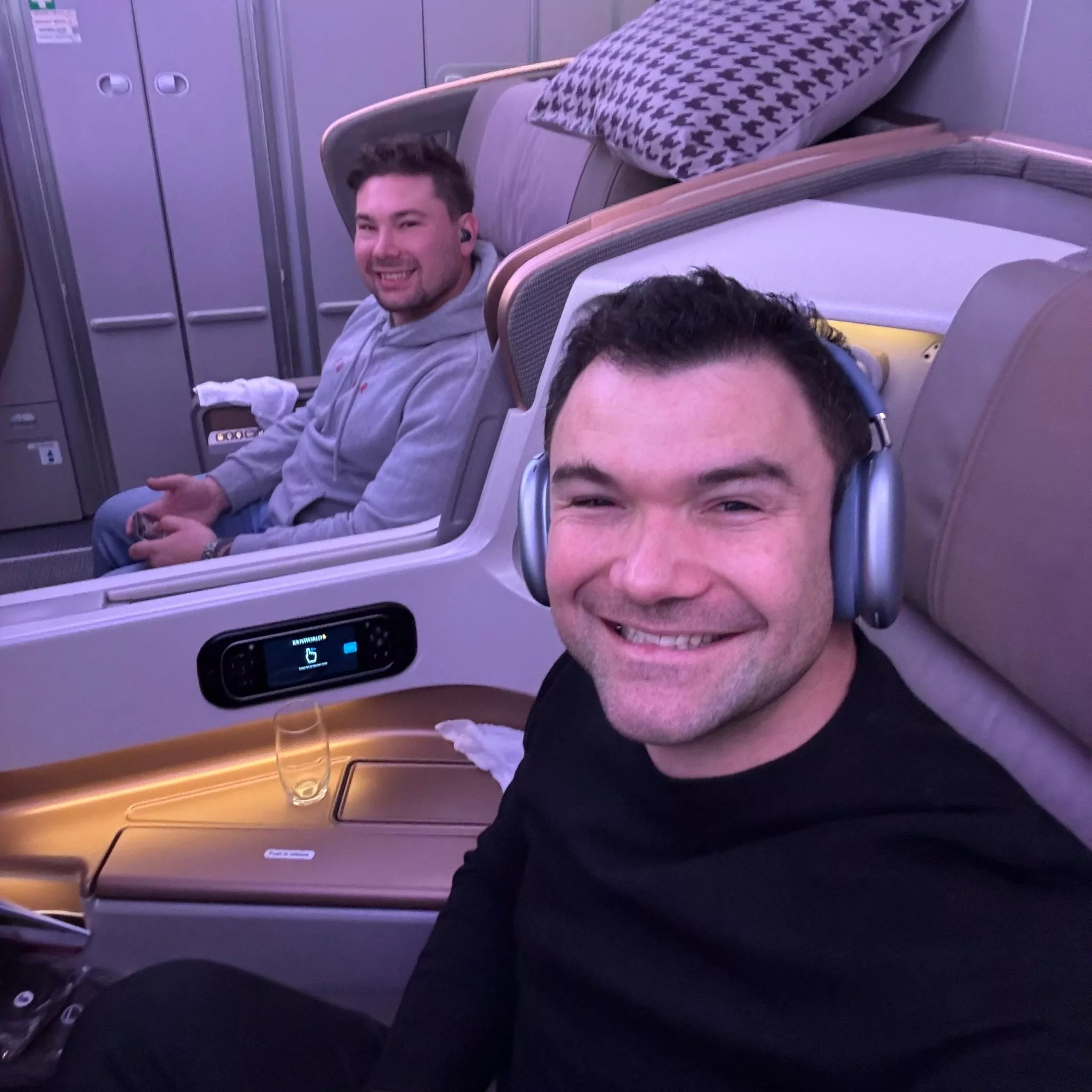
Fatherhood, he said, has reshaped how he sees life and leadership. “Before my partner had our baby, I thought, everyone does it, how hard can it be? Then you see it, and it’s like the Discovery Channel right in front of you. It’s incredible and terrifying,” he said. “You come out with such deep respect for your partner, your family, your community. It softens you in some ways, but it hardens you in others. I want to protect my child’s future, and that drives me more than anything.”
That sense of responsibility has also drawn him closer to politics, even if he insists he is not ready for that step. “I do not want to be a politician,” he said. “I love being a capitalist, I love creating jobs, and I love seeing people succeed. But if politicians keep layering on taxes, debt, and bad policy, I might have to step in. If I believe my child’s future is at risk, I will not sit quietly.”
Horncastle said he has already been approached for informal discussions about future political involvement but remains focused on business. “My best case is that I can just keep doing what I love,” he said. “But if in ten years’ time New Zealand is still heading in the wrong direction, I’ll have a crack at running. And if I run, I run to win.”
He said that any decision to enter politics would come only after Williams Corporation becomes a public company. “We are planning to list in 2027, and I need to stay on as chief executive for at least five years,” he said. “Once that is secure, I’ll decide whether I can make more of a difference in business or in government.”
Horncastle believes the country needs stronger leadership. “We have to get debt under control and reduce the tax burden on working people,” he said. “Freedom, opportunity, and self-reliance have to be at the centre of what we stand for.”
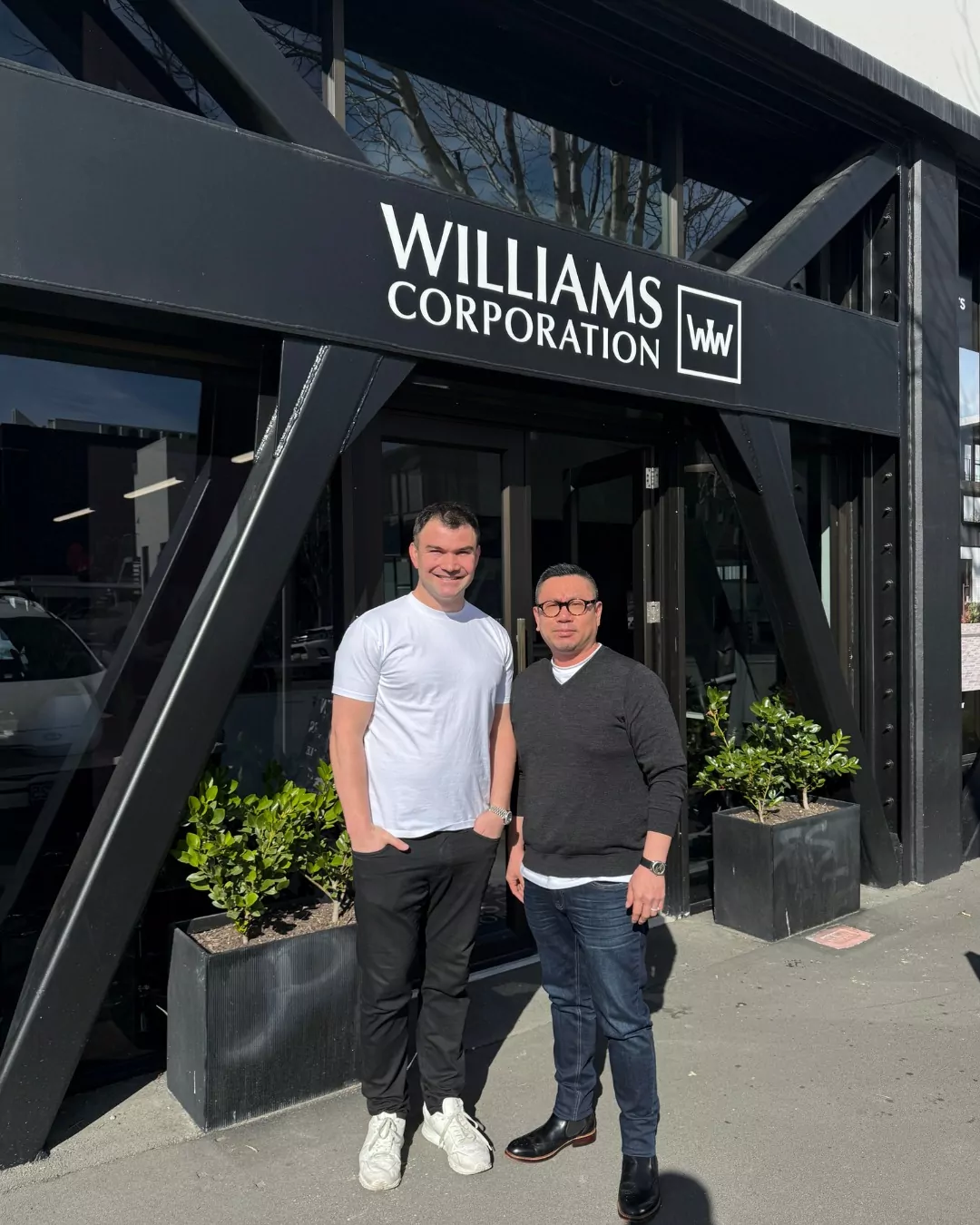
Asked how Christchurch compares to other cities, Horncastle’s face lit up. “Christchurch is amazing,” he said. “People who have not lived here cannot understand what we went through. We lost a city in the earthquakes. For years it was road cones, demolitions, and anger. Then we had COVID, and everyone was locked down. But now you can walk through Hagley Park, see families having picnics, people laughing, kids playing. It feels like we made it. We did it as a city.”
At the end of the interview, Horncastle reflected on his early encounters with host Chris Lynch. “I met you about ten years ago,” he said. “I thought you were going to side against me. But you were fair, you listened, and you gave both sides a voice. I have always respected that.”

The conversation revealed a man who has made millions, lost sleep, and rebuilt his reputation through hard work and conviction. “I’ve made mistakes, I’ve learned from them, and I’m still here building,” he said. “That’s what matters. It’s about making a difference in the city you love.”
